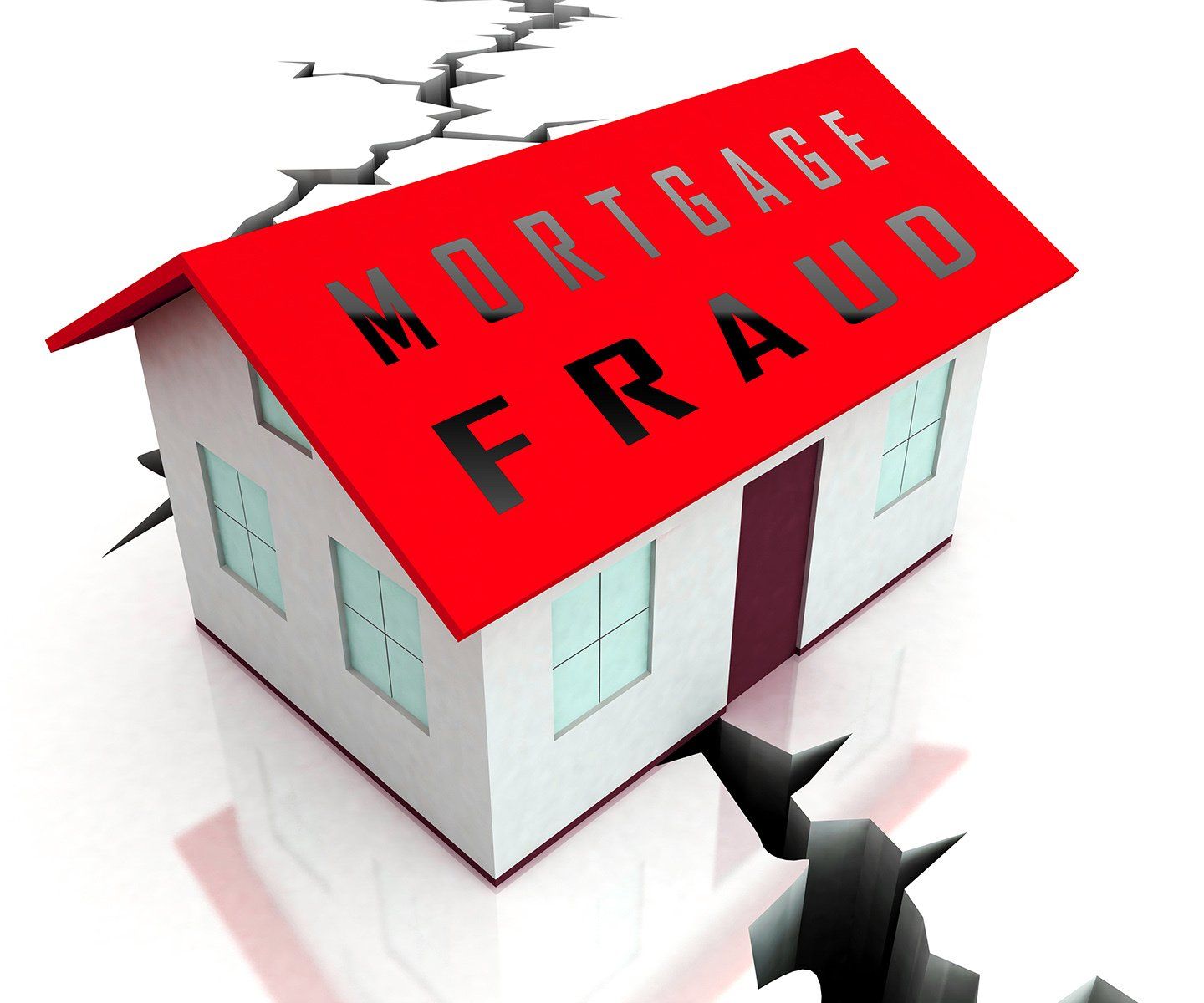Avoiding Mortgage Fraud
Avoiding Mortgage Fraud

Avoiding Mortgage Fraud
As incidents of fraud and identity theft continue to rise each year, protecting yourself from mortgage fraud has never been more critical. Understanding what constitutes mortgage fraud — and knowing how to safeguard against it — can help you avoid significant financial and legal consequences.
What is Mortgage Fraud?
The FBI defines mortgage fraud as any material misstatement, misrepresentation, or omission that lenders or underwriters rely on when funding, purchasing, or insuring a loan. There are several different forms of mortgage fraud, all of which can seriously impact your finances, credit, and even your ability to keep your home. Here are some of the most common examples:
- Undisclosed Kickbacks: Private financial agreements between buyers and sellers that are not disclosed on official mortgage documents.
- Falsifying Income: Inflating your income on a mortgage application is illegal and can result in severe penalties.
- Undocumented Non-Owner Occupancy: Misrepresenting a rental or investment property as a primary residence to secure better loan terms is fraudulent — and easily traceable.
- Inflated Purchase Price: Artificially raising a property's sales price to manipulate appraisal values is against the law and could put your homeownership at risk.
How to Protect Yourself
Purchasing a home is likely the largest financial investment you will ever make. Understanding the warning signs of mortgage fraud is the first step toward protecting yourself — but just as important is working only with trustworthy professionals.
To safeguard your investment:
- Partner with experienced, credentialed real estate agents and mortgage lenders who have strong reputations and verifiable references.
- Remain cautious of deals that seem "too good to be true."
- Always question advice that feels ethically questionable or encourages you to misstate information.
- If you ever feel uncertain, seek a second opinion from another licensed professional.
Remember: your home is more than just a place to live — it’s one of your greatest financial assets. Protecting it starts with staying informed, working with reputable partners, and never compromising integrity during the buying process.
Arming yourself with knowledge today can help you avoid devastating consequences tomorrow.
Useful Information from Kachi Realty LLC



